Fiji
On 6 December 2006, the democratically elected Government of Fiji was replaced following a military takeover. Shortly thereafter, the Parliament of Fiji was suspended. At the time, the Parliament of Fiji comprised two houses – the 71-member, elected House of Representatives and the 32 member, appointed Senate. The 2006 Parliament had 8 women elected to the House of Representatives and 5 women appointed to the Senate.
In September 2013, the President of Fiji assented to the country’s new constitution. The role and powers of the Parliament of the Republic of Fiji is outlined in Chapter 3 of the 2013 Constitution of the Republic of Fiji, most notably a change in the parliamentary system from a previously bicameral legislature with 103 members (71 members in the House of Representatives and 32 in the House of Senate) to a unicameral legislature of 50 members. In March 2017, the number of seats in Parliament was increased to 51, based on updated population data and registered voter figures. From the 2017 official census carried out by the Fiji Bureau of Statistics, the country’s population totalled 884,887. In June 2021, due to an increase in the population, the Fiji Electoral Commission approved an increase to the number of seats in the Parliament to 55 Members.
The new electoral system introduced for the first elections under the new Constitution required MPs to be elected through an Open List proportional representation voting system, using one national constituency. Political parties and Independent candidates are required reach a minimum of 5% national threshold to be eligible for a seat in Parliament. The Fiji Electoral Decree (2012) governs the registration of voters, and the Political Parties Decree (2013) outlines the registration, conduct, funding, and disclosures of political parties in Fiji. Under the 2013 Constitution, the voting age was reduced to 18 years.
Fiji held the first general elections since the 2006 coup on 17 September 2014. Seven Political Parties fulfilled the requirements under the Political Parties decree to register and contest the 2014 general elections as well as two independent candidates (one of whom was female). A commendable number of 44 female candidates (17.7%) out of the total number of 248 candidates stood in the 2014 general elections. According to the official announcement of the Fiji election results, the FijiFirst political party received 59.2% of votes cast, securing 32 seats in Parliament. The Social Democratic Liberal Party (SODELPA) received 28.2% of votes cast, securing 15 seats, whilst the National Federation party received 5.5% of votes cast, securing them 3 seats in Parliament. 500, 078 cast their vote in the 2014 elections (85% voter turn out).
As of October 1st 2018, the Fiji Elections office registered a total of 637,527 voters (316,431 are males, 321,096 females). The writ for 2018 elections was issued on 1 October 2018 and election day was 14 November 2018. Six political parties nominated candidates to contest the general election, namely: FijiFirst, Fiji Labour Party (FLP), Humanity Opportunity Prosperity, Equality (HOPE), National Federation Party (NFP), Social Democratic Liberal Party (SODELPA) and Unity Fiji. 56 Fijian women (24%) out of the 235 candidates were confirmed to stand in the 2018 elections. This was a slight improvement from the 2014 elections, where there were 44 women (18%) out of the total number of 248 candidates.
At the final count of votes, FijiFirst, the ruling party, received a total of 227,241 votes (50.02%), followed by SODELPA with 181,072 votes (39.85%), and the National Federation Party with 33,515 votes. Ten women out of 51 MPs were voted into the Parliament, representing 3 political parties. These 10 women were: Hon. Adi Litia Qionibaravi (SODELPA), Hon. Lenora Qereqeretabua (NFP), Hon. Lynda Tabuya (SODELPA), Hon. Mereseini Vuniwaqa (FijiFirst), Hon. Premila Kumar (FijiFirst), Hon. Ro Teimumu Vuikaba Kepa (SODELPA) Hon. Rosy Sofia Akbar (FijiFirst) Hon. Salote Vuibureta Radrodro (SODELPA), Hon. Selai Adimaitoga (FijiFirst), Hon. Tanya Waqanika (SODELPA), Hon. Veena Kumar Bhatnagar (FijiFirst)
Current National Women MPs
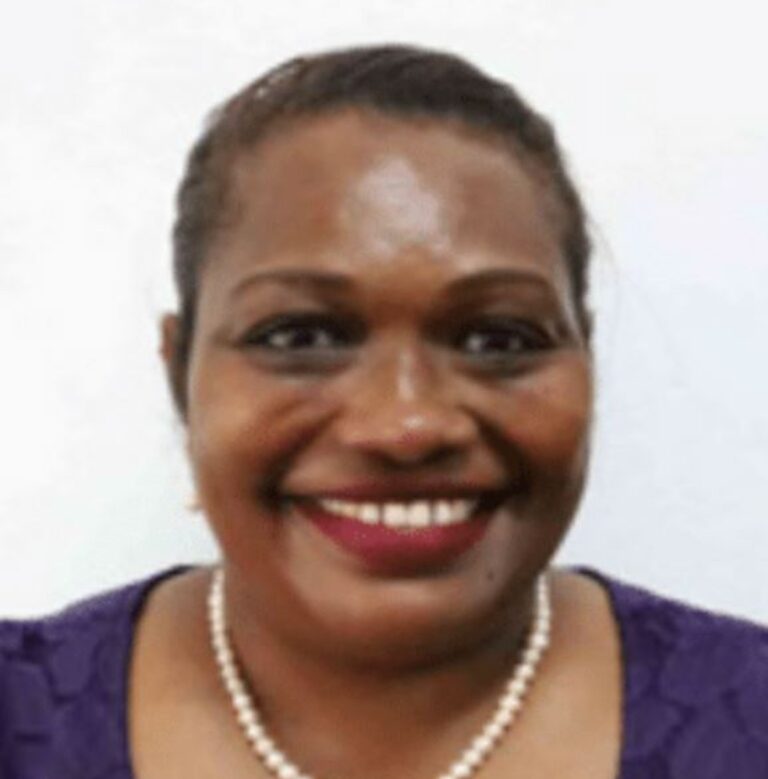
Hon Alitia Bainivalu
Party: People's Alliance Party
Term: 2022-current
Electorate: N/A
Province: N/A
Political Status: Asst Min. for Tourism & Civil Aviation
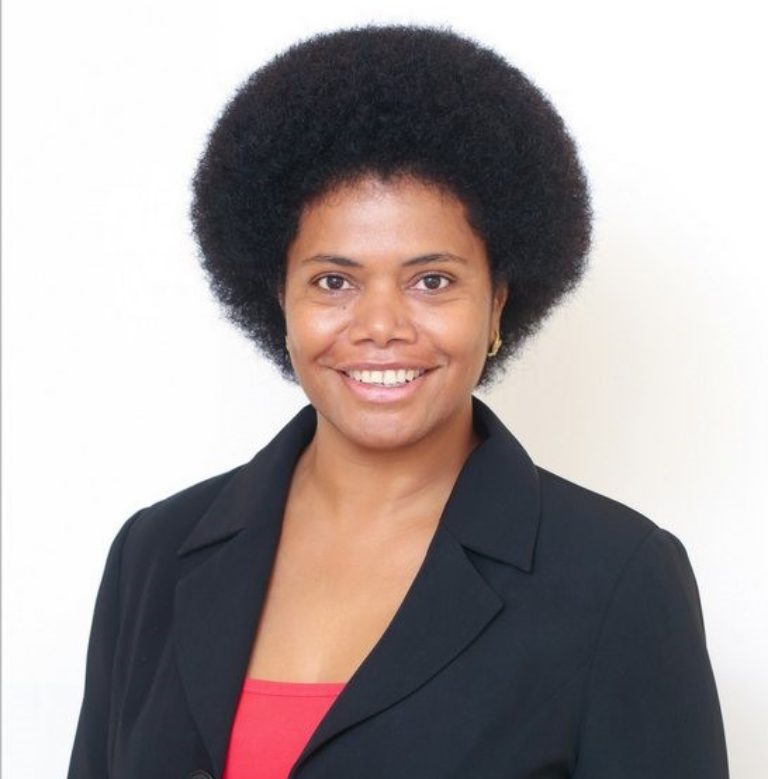
Hon. Lenora Qereqeretabua
Party: National Federation Party
Term: 2018-2022; 2022-current
Electorate: N/A
Province: N/A
Political Status: MP; Deputy Speaker
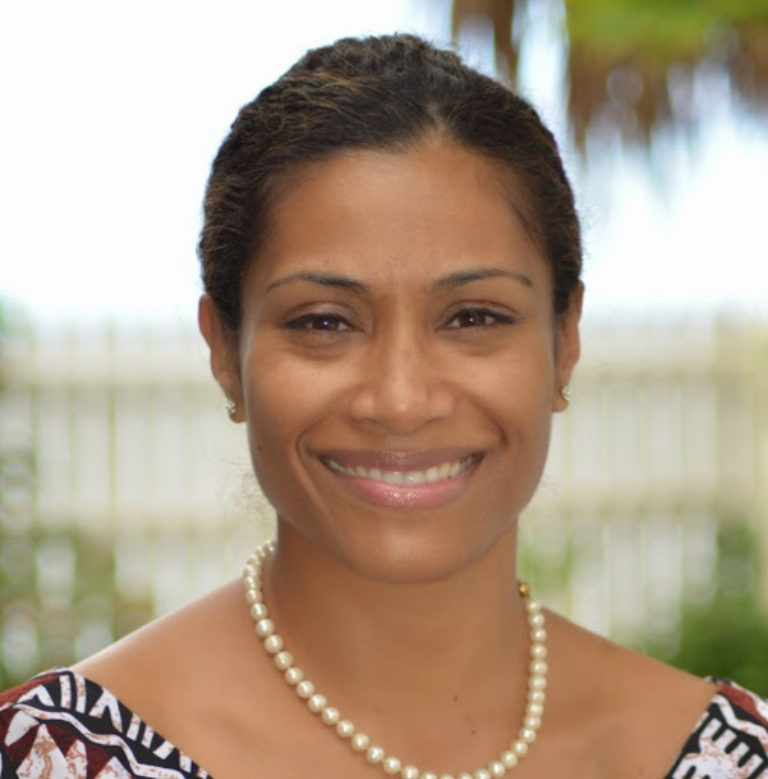
Hon. Lynda Tabuya
Party: Social Democratic LIberal Party
Term: 2018-2022; 2022-current
Electorate: Fiji
Province: N/A
Political Status: Min. for Women, Children & Poverty All.
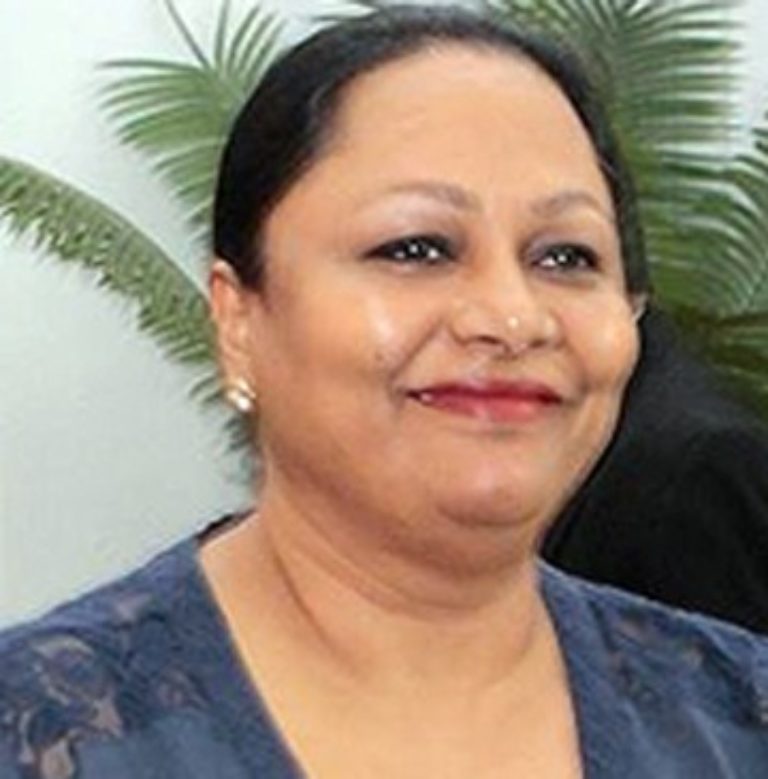
Hon. Premila Kumar
Party: FijiFirst
Term: 2018-2022; 2022-current
Electorate: N/A
Province: N/A
Political Status: Member of Opposition
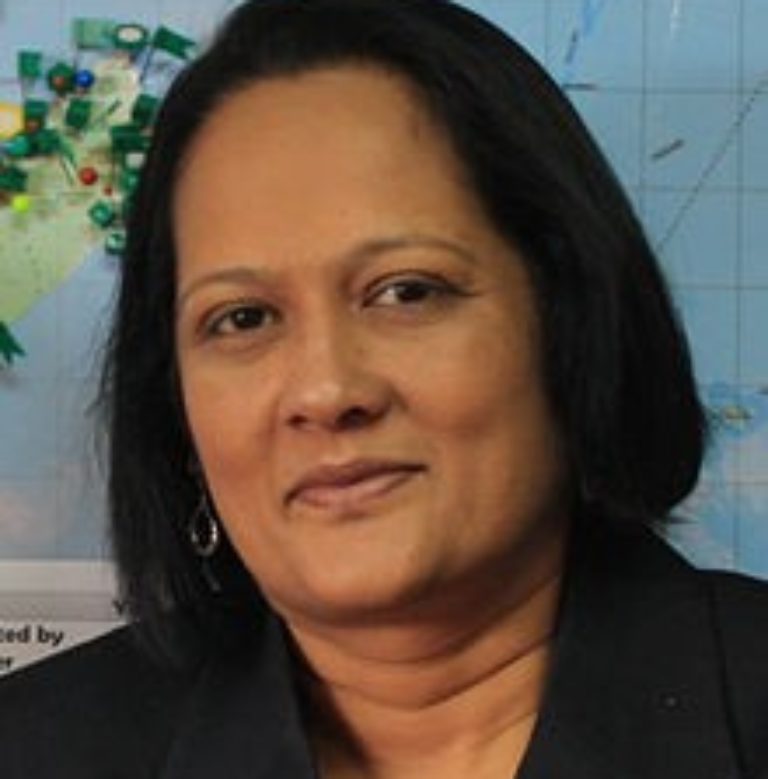
Hon. Rosy Sofia Akbar
Party: FijiFirst
Term: 2014-18; 2018-22; 2022-current
Electorate: Fiji
Province: N/A
Political Status: Previous Minister; current Opposition
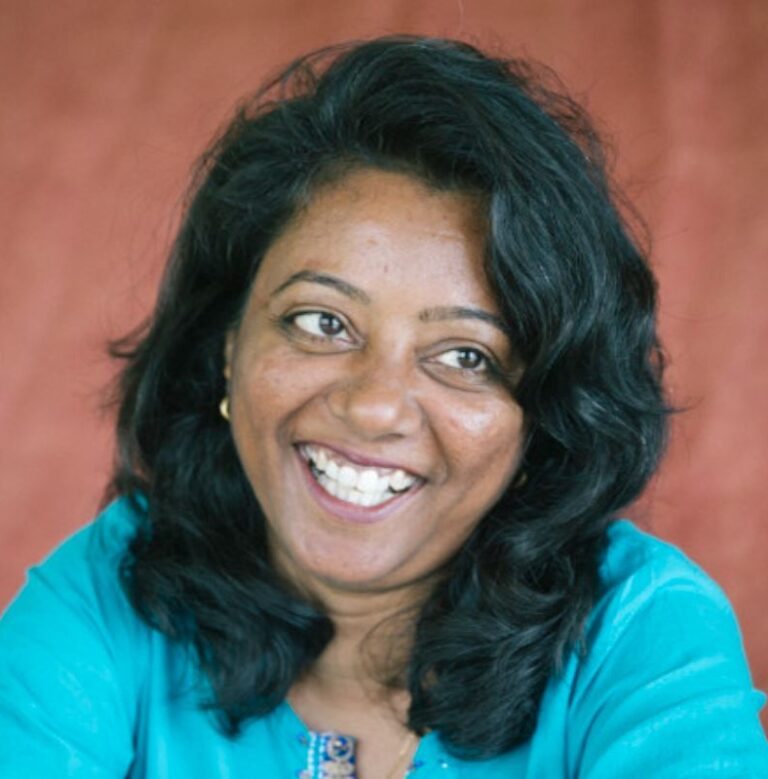
Hon. Sashi Kiran
Party: National Federation Party
Term: 2022-current
Electorate: N/A
Province: N/A
Political Status: Assistant Minister of Woman, Children and Poverty Alleviation
Current Sub-National Women MPs
No Women MPs

